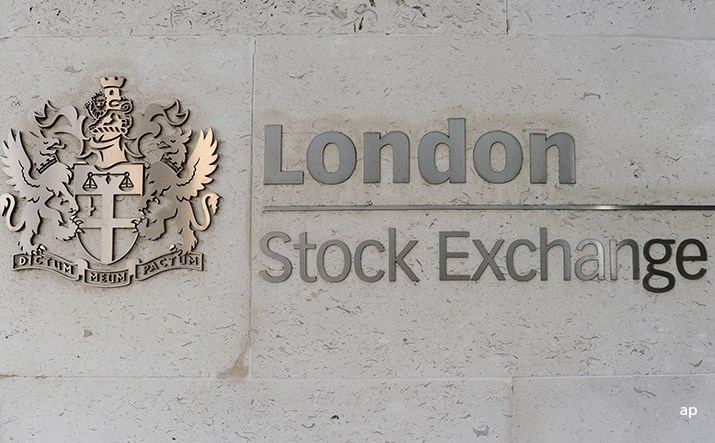Holly Black: Welcome to the Morningstar Investment ABC. We're going to go through some of the most common acronyms in the investment world which sound really confusing and off-putting, but aren't as bad as you think, and the aim is to prove that investing is as easy as ABC.
Emmy Willson: Hello. My name is Emmy, and today's word is ETF. E is for exchange. T is for traded. F is for fund.
Black: Thanks, Emmy. So, yesterday's word is ETF; exchange-traded fund. You might know these better as a passive fund or a tracker fund. So, they’re a type of investment. But instead of a fund manager actively choosing which stocks and shares to buy and sell and they're going to deliver the best returns. This one just tracks a market of your choice; perhaps the FTSE 100 or the S&P 500, or something more specific like the gold or the oil price.
And they're really popular with investors because they're very cheap. And so why ETF? E, because exchange. They're listed on a Stock Exchange. That's different from an active fund traded because, because it's on a Stock Exchange, you can buy and sell at any point when the market is open. Again, different from an active fund, where you can only deal with certain times of day, and it might take a few days for the transaction to go through. And F for fund, because despite those differences, it is still a fund. It's a portfolio, a basket of stocks and shares that hopefully will deliver you a decent investment return.





























